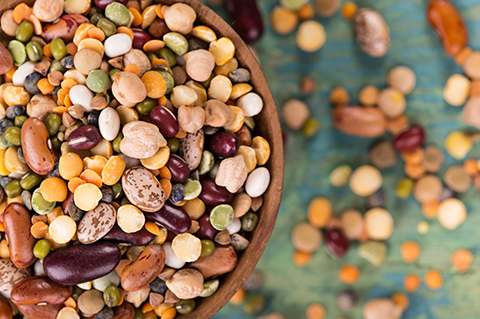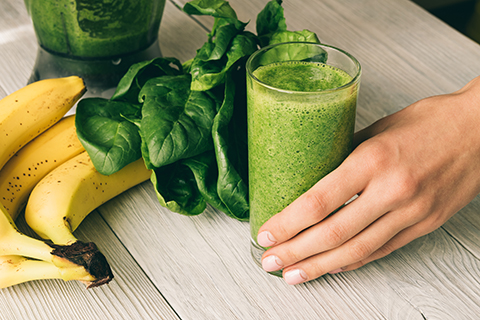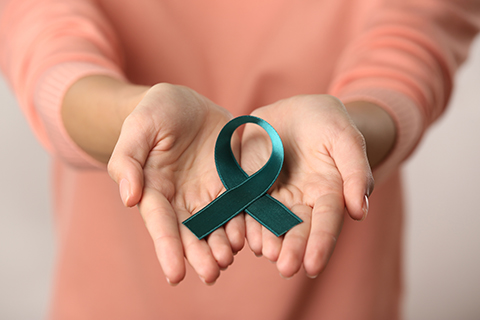
For many years, the American Cancer Society (ACS) recommended annual mammograms for women starting at age 40, but in October 2015, they issued new recommendations that were more in line with those of medical experts. They now recommend that women at average risk of breast cancer start mammography at age 45, that they undergo annual… Read more »









